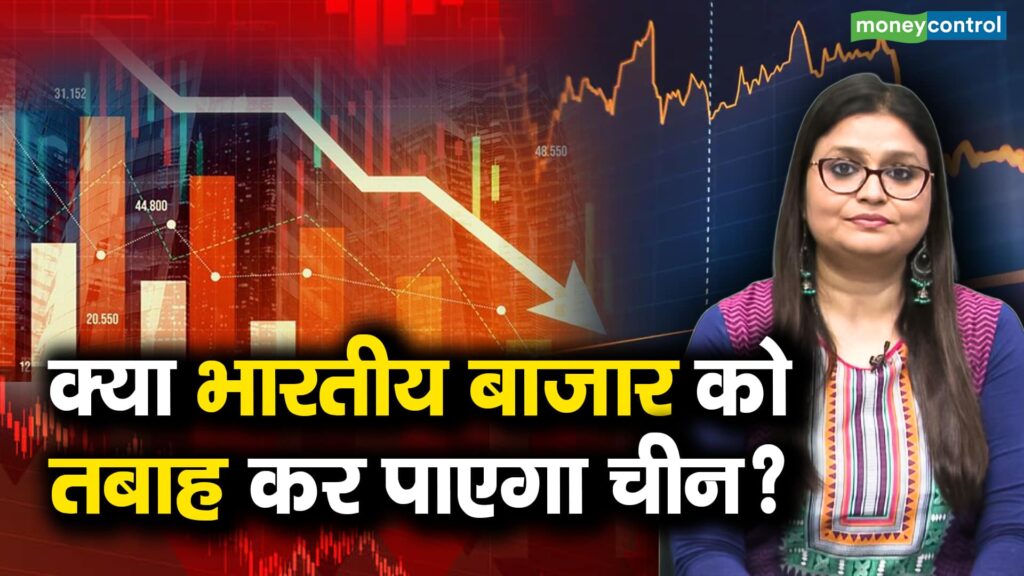In recent days, if you’ve experienced losses in the stock market, one significant factor might be the situation in China. The Indian stock market is facing considerable challenges due to developments in China, posing difficulties for recovery. While it’s evident that China’s situation plays a substantial role in these downturns, it is essential to understand that this is not the only reason impacting market performance. For investors actively participating in the market, it is vital to stay informed about various factors that could influence their investments.
Understanding the Impact of China on the Indian Stock Market
The relationship between the Indian and Chinese economies is intricate, and changes in China’s economic landscape have ripple effects globally, especially affecting neighboring economies like India. Here are some critical areas to consider:
Economic Challenges in China
China has been grappling with various economic challenges, which include:
- Slowing Economic Growth: China’s GDP growth has been slower than anticipated, leading to concerns about consumer spending and investment.
- Real Estate Crisis: The struggles of major property developers have raised fears of a broader financial crisis.
- Export Declines: A reduction in exports due to decreased global demand affects not just China but its trading partners as well.
Market Volatility and Investor Sentiment
The volatility in the Chinese stock market can create panic among global investors, including those in India. Here’s how it affects market sentiment:
| Factor | Impact on Investor Sentiment |
|---|---|
| News of Economic Slowdown | Leads to fear of recession, prompting sell-offs in Indian markets. |
| Declining Chinese Stocks | Affects confidence, making investors wary of investments in emerging markets. |
| Reduced Trade Relations | Impacts sectors heavily reliant on trade with China, like pharmaceuticals and electronics. |
Other Factors Affecting the Indian Stock Market
While China’s economic situation certainly plays a role in influencing the Indian stock market, several other factors come into play:
Global Economic Conditions
Global events, including economic data releases, geopolitical tensions, and international trade agreements, significantly impact investor confidence in Indian equities.
Domestic Economic Policies
Government fiscal policies, interest rates set by the Reserve Bank of India, and inflation levels are crucial. Changes in these areas can lead to significant market fluctuations, independent of foreign influences.
Sector-specific Trends
Different sectors respond variably to economic changes. For instance, the technology sector might thrive due to domestic demand despite global turmoil, while sectors like consumer goods may lag.
Investing Strategies During Market Downturns
For investors, it’s crucial to have a strategy to mitigate risks during such turbulent times. Here are some tips:
- Diversify Your Portfolio: Spreading investments across various sectors and asset classes can reduce risk.
- Stay Informed: Continuous monitoring of market trends and economic indicators can help make informed decisions.
- Focus on Long-term Gains: Short-term fluctuations can be misleading; think long-term to weather volatility.
- Consult Financial Advisors: Seek professional advice to guide your investment decisions based on current market analysis.
In conclusion, while the current challenges posed by China have undeniably affected the Indian stock market, they are not the sole reason for market fluctuations. A multitude of domestic and global factors interplay in shaping market dynamics. Understanding and analyzing these elements can empower investors to make better-informed decisions, potentially leading to more favorable outcomes even amidst uncertainty.
